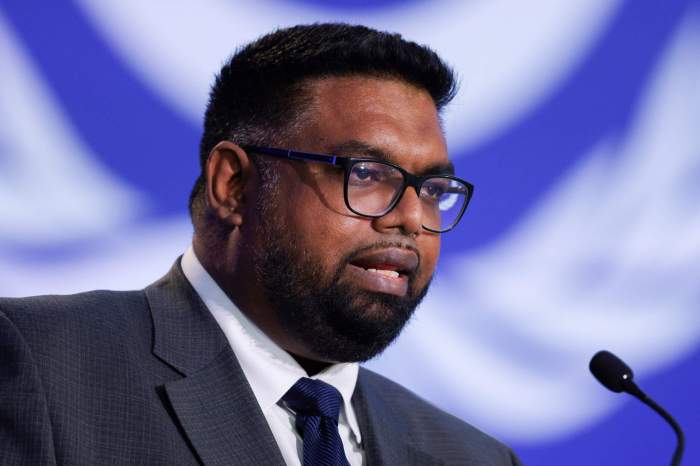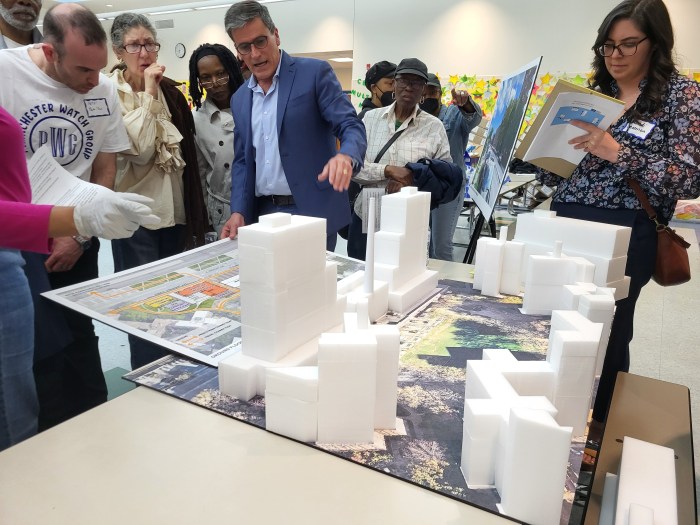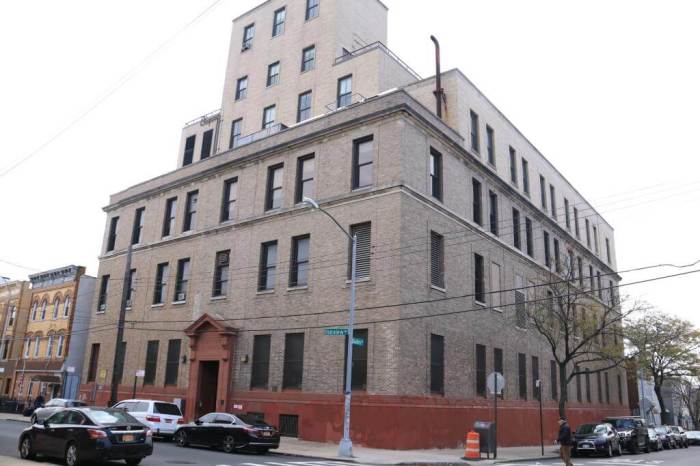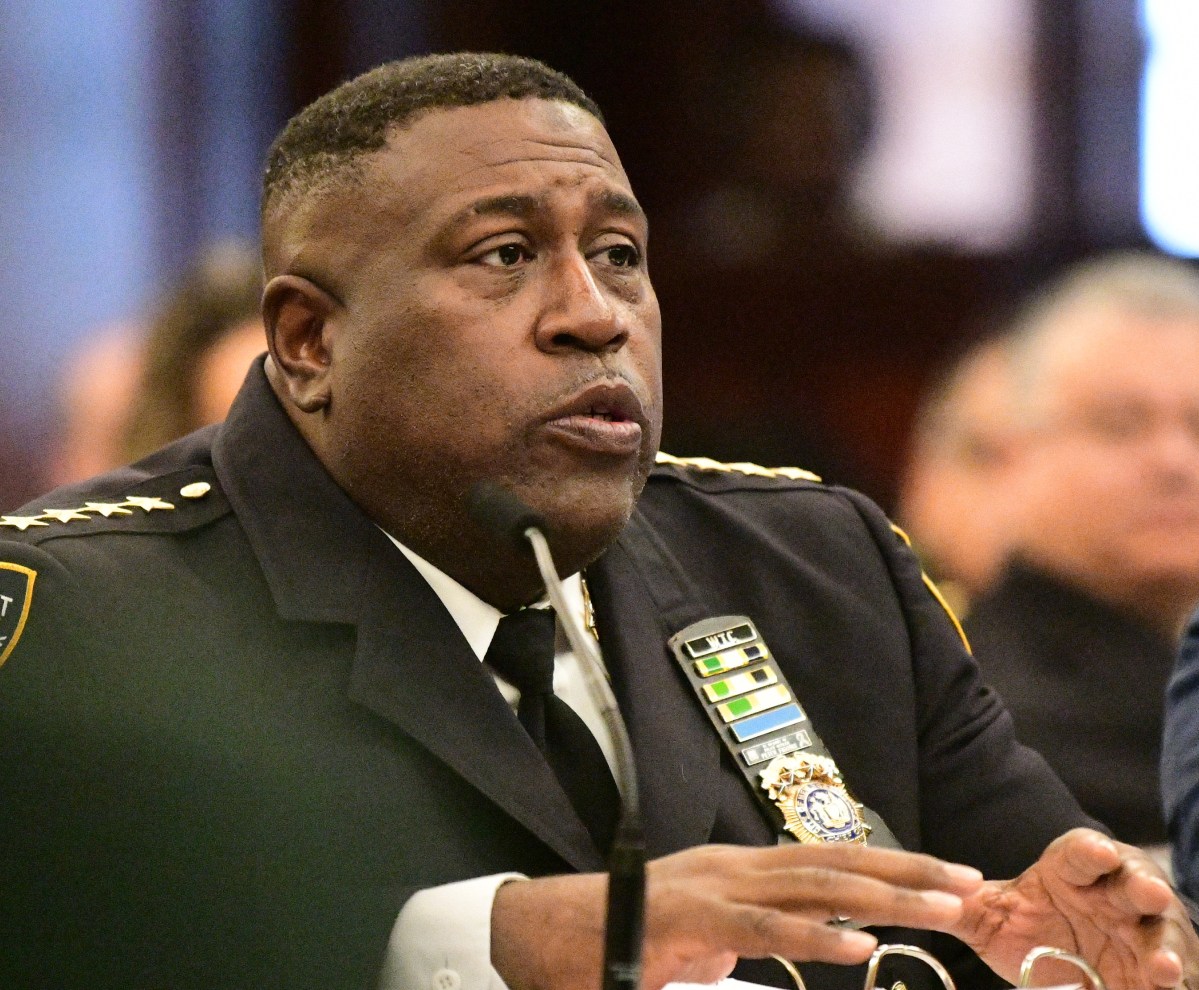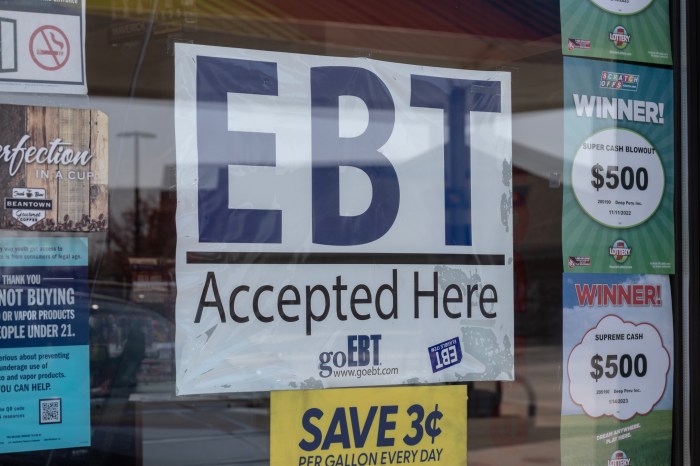Donald Rabindranath Ramotar, 61, was sworn in last weekend as Guyana’s seventh executive president following the Nov. 28 general elections; but it’s clear that the road ahead will be tough for his administration to control the daily affairs of the country but not the legislative agenda in parliament.
That role will belong to the main opposition groups, A Partnership For National Unity (APNU) and the Alliance For Change (AFC) which together won a combined 33 seats, one more than the governing People’s Progressive Party (PPP). This means that if all the opposition legislators are present and vote as a bloc, the PPP won’t be able to get a single bill passed in the 65-seat House unless it is prepared to compromise or later ‘buys’ an opposition member of parliament to vote with it.
That is the delicate and precarious political hand that voters dealt the three parties last week and from all indications the two groups, the APNU in particular, intend to flex their muscle in no short order to force change on the country’s landscape like no other time in the past three decades.
An early indication of what is to come emerged last week when APNU presidential candidate and retired army commander Brig. Gen. David Granger sat with thousands on the boiling asphalt road outside Gecom, the national elections agency, to protest alleged voter rigging in the key Electoral District 4 that incidentally includes the city and APNU strongholds south of the capital.
Up until minutes before Gocool Boodhoo, Gecom’s Chief Executive Officer had come to the press center on Thursday to proclaim the PPP as the winner of the elections, the agency’s operations center was still trying to locate statements of polls from voting stations in Region 4 for South Georgetown and districts along the Demerara River that traditionally vote heavily for the APNU.
Insiders leaking information to the media during the counting process had indicated that the returning officer for the district had taken the poll statements straight to Boodhoo’s office instead of passing them through the system where they should have been put into the computer system before they were passed on to commissioners for certification.
Unaware of that development, staff in the operations room were at their wits end to locate the statements and found out only later that they were in fact in the possession of the PPP-controlled top brass at Gecom.
The parties now want Boodhoo replaced before local government elections are held next year and they might well have the ability to force government to bow to their demands by holding up bills in parliament, including the passage of the 2012 national budget that must be presented before the end of March.
To bolster APNU arguments that skullduggery was afoot on election day, AFC elections agent Clayton Hall also said that the same returning officer had admitted that “some numbers were changed on the statements” but he had told them that those “would not have impacted the final results”, a development Hall said he had found to be an incredible position that should warrant an investigation.
For his part, Granger told media covering the main march on Friday that the APNU has no intention of allowing “the type of criminality and corruption” that bedeviled the previous Bharrat Jagdeo administration to continue, vowing the protests will live on and “messages will continue to be sent” to those in authority.
Barely a day after as Ramotar was sworn in, the new head of state quickly got down to the realities of upcoming parliamentary life by saying that progress will only be made through negotiation and consultation because “this is the only way forward. I do not anticipate that this process will be easy but I am prepared to work beyond the difficulties to ensure that our country does not regress.”
Saturday’s ceremony was the first time since independence from Britain in 1966, when the country became a republic in 1970 and when it switched to an executive presidency from a prime minister as head of government in late 1980, that one president had handed over to another as others either lost elections or were replaced after dying in office.
Ramotar was expected to name an all-party cabinet as the week started despite calls for inclusiveness by analysts and critics who point out that nearly 52 percent of the electorate had voted against the PPP and this should count for something.





